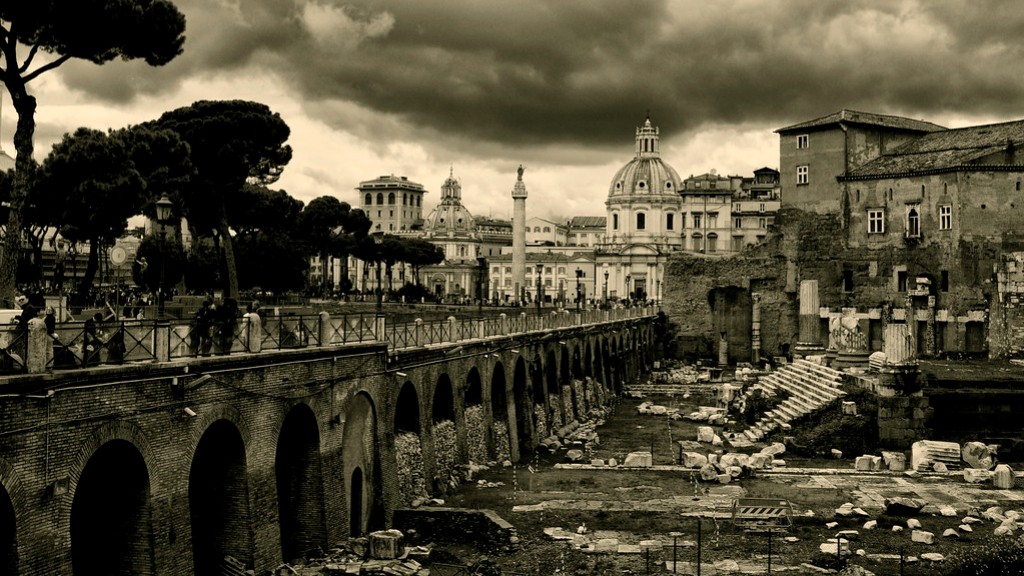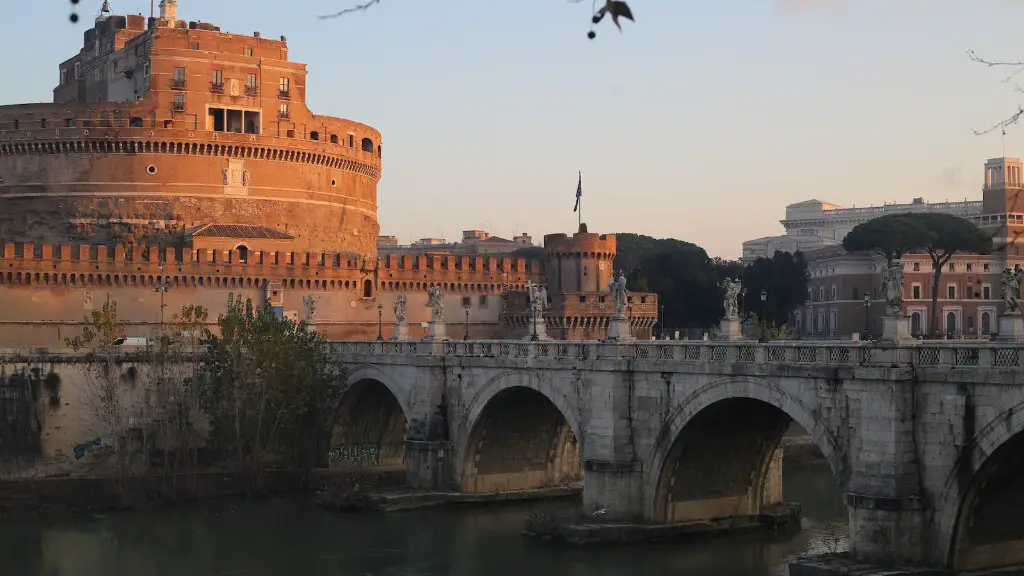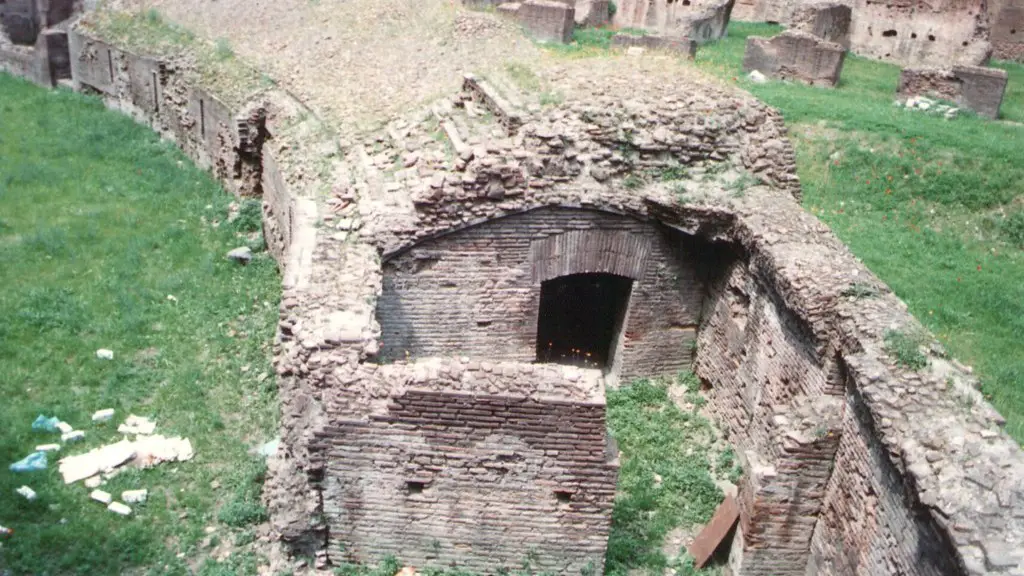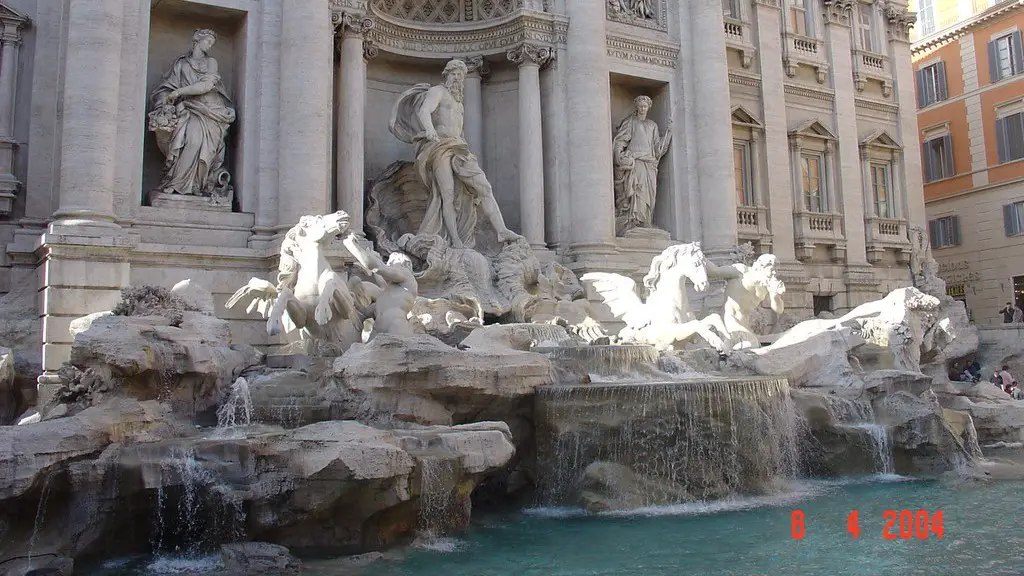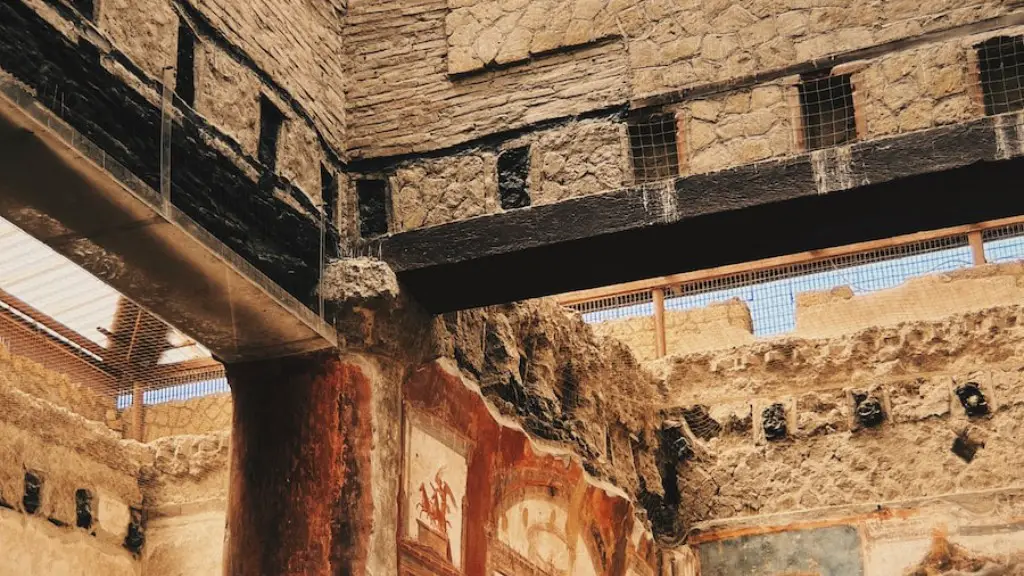The consuls of Ancient Rome were the principal magistrates charged with the governance of the Republic, and as such carried many powerful rights and obligations.
The first consuls, Lucius Junius Brutus and Lucius Tarquinius Collatinus, were designated in 509 BC, with the reign of the Roman Republic officially beginning in that year. Over the course of the next century and a half, the consulship became the preeminent office of the Republic, eventually being vested with a duo-consular dictatorship.
The consuls of Ancient Rome were the highest civil and military authority in the Roman Republic. They both had the right to consular imperium, a form of ultimate power derived from the sanctioning of their office by the Senate. The consuls’ authority came from their imperium, legitimated by their elections by the people. The consuls acted in the name of the Republic and had the power to summon and curate the Senate, to ratify laws, to declare war and peace, to pass and veto laws and lead the Roman armies.
The consuls also presided over the census and had the right to appoint magistrates and priests, and issue coins. Their authority over civil judgment and justice was absolute, with both consuls having the right to pardon criminals and repeal or suspend laws. They also had the power to grant and revoke citizenship and grant political exile, as well as the right to grant and revoke adoption.
Reforms in the Middle Republican era strengthened and standardized consular power. The office of dictator was created during this period, with the dictator being designated by one of the consuls in cases of emergency. The dictators had the same powers of imperium as the consuls and were allowed to serve for six months. This change was made to ensure greater continuity in government and to give the Republic a stronger executive hand.
The consuls were the supreme civil, military and religious authority in Rome, though their powers were limited in practice by the Senate. In theory, the consuls could override any decision made by the Senate and they could declare war or establish peace without consulting the Senate. In reality, most senate decrees were respected by the consuls, as the Senate was made up of prominent members of the aristocracy and elite who had their own political agendas and vested interests.
The position of consul was highly revered and the offices were subject to intense competition. Holding the position was seen as the peak of a successful political career, and consuls-elect often enjoyed favor and power for life. The consuls were required to undertake a ritual sacrifice before taking office, symbolic of their willingness to serve the Roman people.
Impact of the Consuls
The consuls had an enormous impact on the laws and practices of Ancient Rome. Their decisions had a profound effect upon the Republic, from foreign policy and economic prosperity to legal and social reform. Their position gave them the freedom to act in a manner free of political fetters and to enact reforms which perhaps would not have been possible in other forms of government.
In addition to their political authority, the consuls of Ancient Rome were also bearers of great personal power in terms of having direct influence on the Senate and people of Rome. Their tripartite powers enabled them to make sweeping changes to the government and to effect change in directions which may or may not have been most beneficial for the Republic.
The office of the consul was also a powerful symbol of Roman hegemony and prestige. The position was seen as a way for Rome to demonstrate her international standing and to project its power over other nations. This helped ensure the security of the empire and to enhance its standing abroad.
Legacy of the Consuls
The system of consular offices became a mainstay of the Roman Republic and survived well into the Late Republic and into the time of the early Empire. Though the power and influence of the consuls had greatly diminished by this time, they remained a powerful symbol of the Republic and of the legitimacy of its government.
The legacy of the consuls of Ancient Rome is one of enduring power and influence. They not only served as the preeminent civil and military officers of the Republic, but also as powerful symbols of Roman authority. Their impact upon the laws and organization of the Republic was immense, and the power vested upon them was an important factor in the success of Rome’s government.
The legacy of the consuls of Ancient Rome is an enduring one, as their office holds a prominent place in history and continues to inspire admiration and awe in modern times. The power and influence which they held over Roman politics and society during their tenure is testament to the enduring greatness of their office.
Conclusion
The consuls of Ancient Rome were the highest civil, military, and religious authority of the Republic, and held vast powers over the government and people of Rome. They were responsible for passing laws, ratifying treaties, leading armies, and managing the census. The legacy of the consuls of Ancient Rome is one of enduring power and influence and their office is an important part of Roman history.
Modern Comparisons
Though the office of the consul has long since passed, its influence and impact have been felt throughout the world. In modern times, the example set by the Roman consuls has been adopted in many ways. The executive office of each state in the United States and other countries holds many duties and powers similar to those of the consuls of Ancient Rome.
In addition, the idea of the consulship has been used in various forms of government to ensure a certain level of continuity in the executive office. For example, many modern countries adopt a half-term system in which an executive is elected to a six month tenure and then has to stand for re-election, just as the Roman consuls did.
The consuls of Ancient Rome, through their actions and influence, have had a profound effect on modern government and society. Their legacy is one of enduring power and influence, and the systems and practices they set in place continue to inspire admiration and awe.
Legacy of the Roman Republic
The legacy of the Roman Republic, and the consuls of Ancient Rome, is an enduring one. The civic virtues upon which the Republic was founded have provided a lasting framework for modern democracies around the world. The Roman Republic’s system of government, including the office of the consul, have provided a valuable example of a functioning government that is able to ensure true equality, justice and liberty for its citizens.
The legacy of the Roman Republic and the consuls of Ancient Rome continues to be an inspiration for modern societies. The ideals of the Republic, including equality, justice and freedom, continue to shape how we think of and organize our government today. Through their legacy, the consuls of Ancient Rome have left an indelible mark on the history of the world.
Impact of the Roman Republic
The impact of the Roman Republic and its system of government, including the office of the consul, can be seen around the world today. The legacy of the Roman Republic has helped shape the systems of government used in many modern countries and has served as a model for how democracies should be organized and structured.
The influence of the Roman Republic can also be seen in other realms beyond politics. Its culture, language, law and architecture have shaped the way in which we live today, and its legacy continues to be an inspiration and a model for modern societies.
Reception of the Roman Republic
The Roman Republic has had an enormous impact on history and has been praised for its achievements in the arts, sciences, literature and law. The Office of the Consul, in particular, has been lauded for its role in the functioning of the Republic and its contribution to the liberty of Roman citizens.
The legacy of the Roman Republic and its system of government, including the office of the consul, has been the subject of much admiration and praise. Historians, scholars and political theorists have studied the institution to better understand the nature of power and its relationship to democracy. The legacy of the Roman Republic continues to be one of enduring value and importance.
